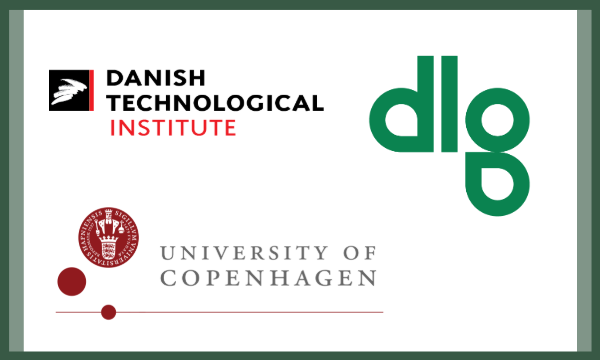NutriRaps
"Nutritional and sensory validation of sustainable rapeseed protein products"
The NutriRaps project aims to enhance the quality and value of proteins obtained from rapeseed by evaluating their nutritional and flavor profiles, as well as environmental and economic impacts. The project will integrate and share these results with already existing initiatives, ultimately unlocking the potential of rapeseed for human consumption.
⌐ The project has been granted 2,943,488 DKK in funding.
⌐ The project starts on 1 June 2025 and will end on 31 May 2027.
Introducing the NutriRaps project
Background for the project:
Rapeseed is the largest single source of plant proteins produced in the EU, and increasing its utilization is the focus of multiple ongoing initiatives. However, while many projects prioritize optimizing protein yields, there is still a lack of comprehensive understanding regarding how different processing methods impact the nutritional and sensory quality of these proteins. The NutriRaps project aims to bridge this gap by bringing together key stakeholders and research efforts to achieve a balanced approach that considers nutrition, sensory quality, environmental impact, and economic viability. By integrating findings from various projects, NutriRaps seeks to unlock the full potential of rapeseed proteins for human consumption.
The activities
NutriRaps builds on the knowledge and results of four existing projects—ProEnrich, BRILIAN, EnzyRap, and SEEDFOOD—which focus on different aspects of rapeseed processing, protein extraction, and analysis. The project explores methods for obtaining Protein-Rich Fractions (PRF) from rapeseed, utilizing pilot-scale processes, extrusion post-processing, and lab-scale techniques with varying parameters. To assess the quality of these protein fractions, the project evaluates key nutritional factors such as amino acid composition, in vitro protein digestibility, anti-nutrients, and protein modifications. Sensory characteristics, including color, odor, and taste, are also analyzed to ensure suitability for food applications. Beyond technical assessments, NutriRaps develops general processing guidelines based on a multicriteria approach, taking into account technical feasibility, environmental sustainability, and economic viability. The findings are widely shared through open workshops and dissemination efforts, ensuring accessibility to industry stakeholders, researchers, and policymakers.
The outcome
NutriRaps delivers practical recommendations for rapeseed protein processing, balancing quality, sustainability, and economic feasibility. The project generates crucial insights into the nutritional and sensory attributes of rapeseed proteins, supporting their application in the food industry. By translating research into actionable guidelines, NutriRaps facilitates the production of high-quality rapeseed protein fractions, making them accessible to industry stakeholders. This paves the way for the development of innovative plant-based food products while strengthening the biorefinery and plant-based food sectors. Ultimately, the project contributes to a more sustainable and competitive industry by improving ingredient quality and expanding the potential of rapeseed proteins.
We are happy to involve more/other rapeseed stakeholders —interested parties are encouraged to contact the project PI.


